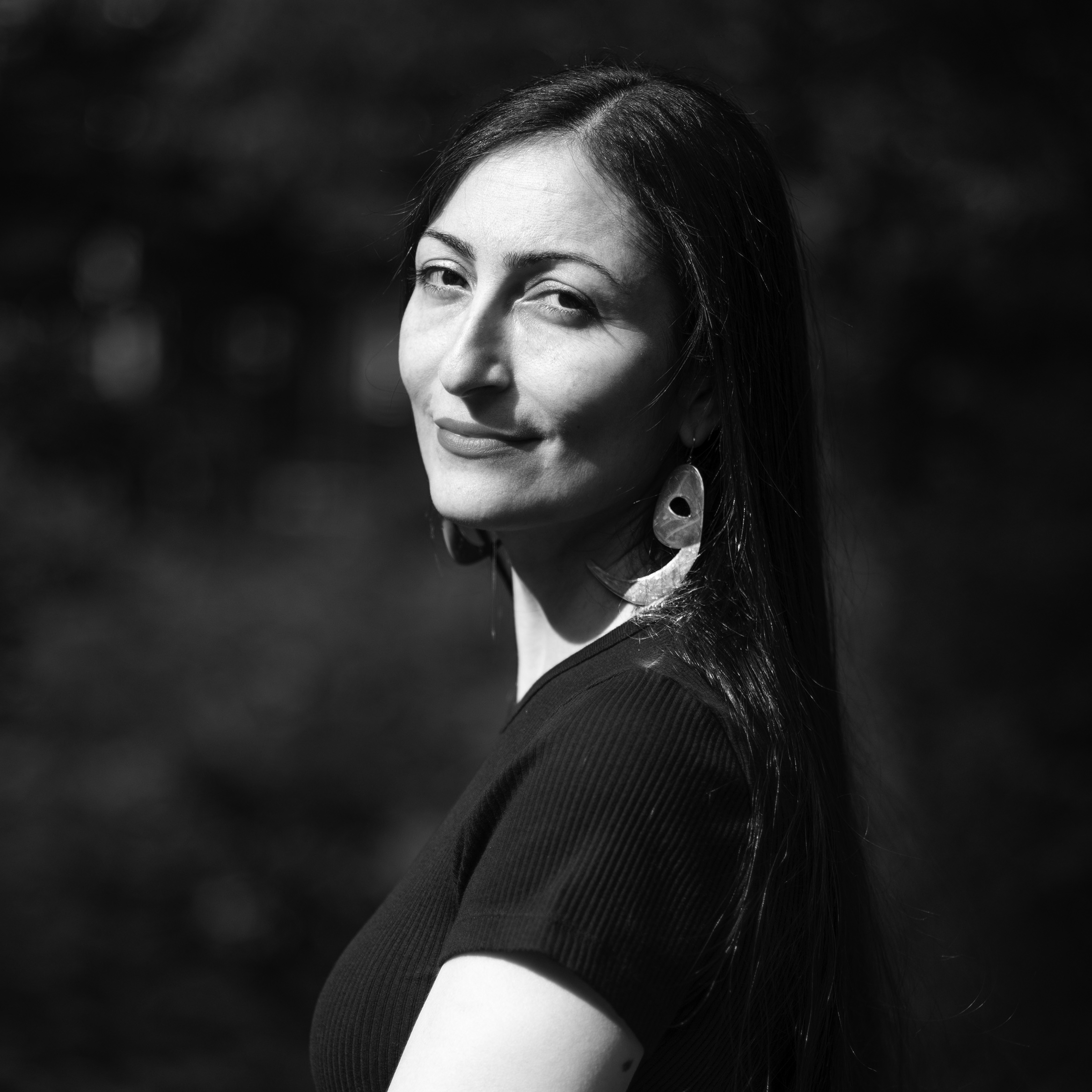All I can see is nothing
If nothing that can be seen can either be God or represent Him to us as He is, then to
find God we must pass beyond everything that can be seen and enter into darkness.
Since nothing that can be heard is God, to find Him we must enter into silence.
—Thomas Merton, from “New Seeds of Contemplation,” 1961
I swear to God, mom, I am exhausted, but praise be to God in all circumstances.
—writing, translated from the Arabic, on the Al-Shifa Hospital walls, April 2024
All I can see is nothing
Fields of
Hollow
The O that escapes
A pasture of
Mouths
An apartment building
Of locked jaws
The silent weeping
Of rocks
I hear nothing
In the bags of soft limbs sighing
Milk teeth
Sharpening a father’s heart
The cone hat on the small head
Singing to plumes
Iftar in the tents
Flapping pages off the moon
But Your name over and over
On the hospital walls
But Your name stilling
The fire that does not cease
But Your name everywhere
Everything all at once
I see nothing
From this distance
This deepest night
This longest darkness
Fumble at fajr
To loosen my gasps
I repeat Your name
Over and over
Then bow to Your wisdom
To the terror of Your liberation
O that I may not see anything
More
Copyright © 2024 by Sahar Muradi. Originally published in Poem-a-Day on December 31, 2024, by the Academy of American Poets.
“During the month of Ramadan in 2024, I was trying to polish my faith, or even to locate it in a year that rendered many of us unmoored as we watched the genocide unfold in Palestine. I was grasping for anchors everywhere, for a container large enough to hold all of it. In April, I was struck by the images coming out of Al-Shifa Hospital, following the horrific attack on Gaza’s once largest provider of healthcare. There were messages written on the walls by those besieged inside for two weeks. They were devastating. And they were poignant—people praising God in the shadow of their own deaths. From my own distance and comfort, I could not do that.”
—Sahar Muradi

